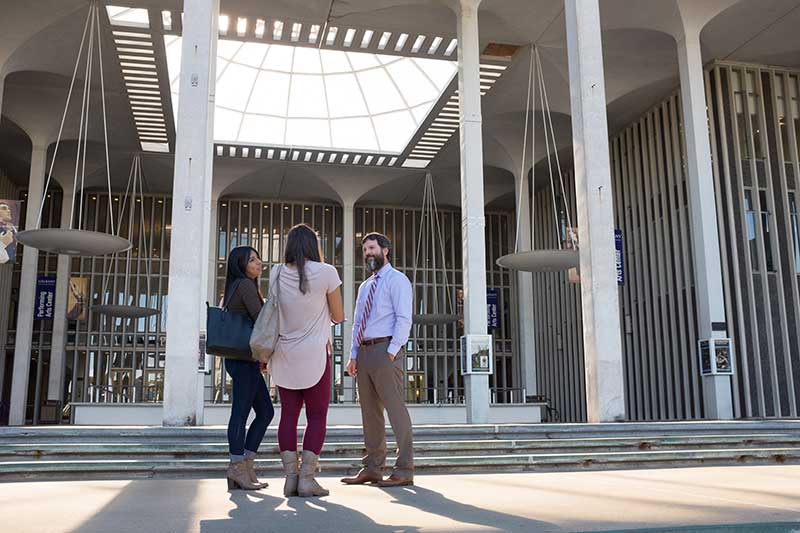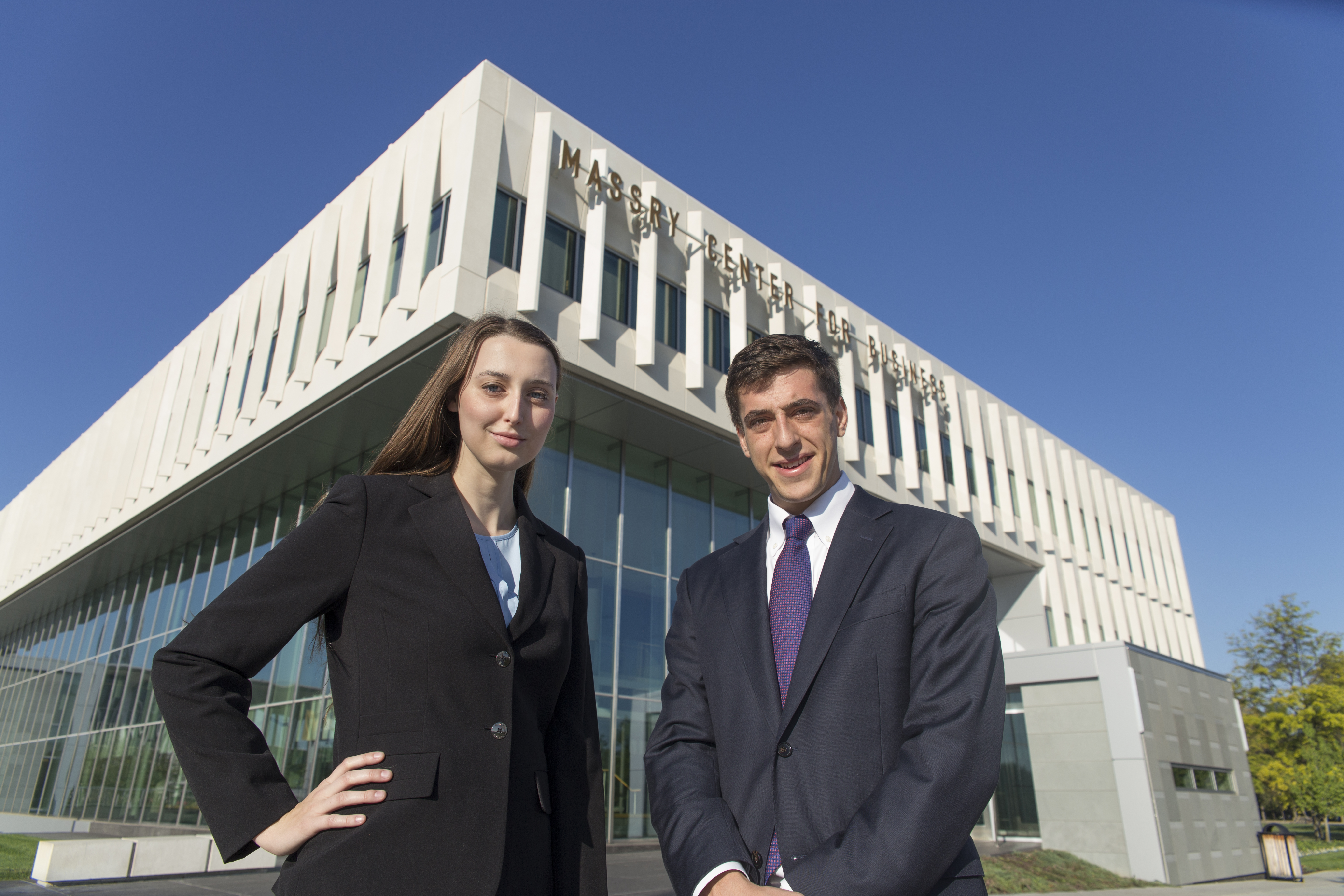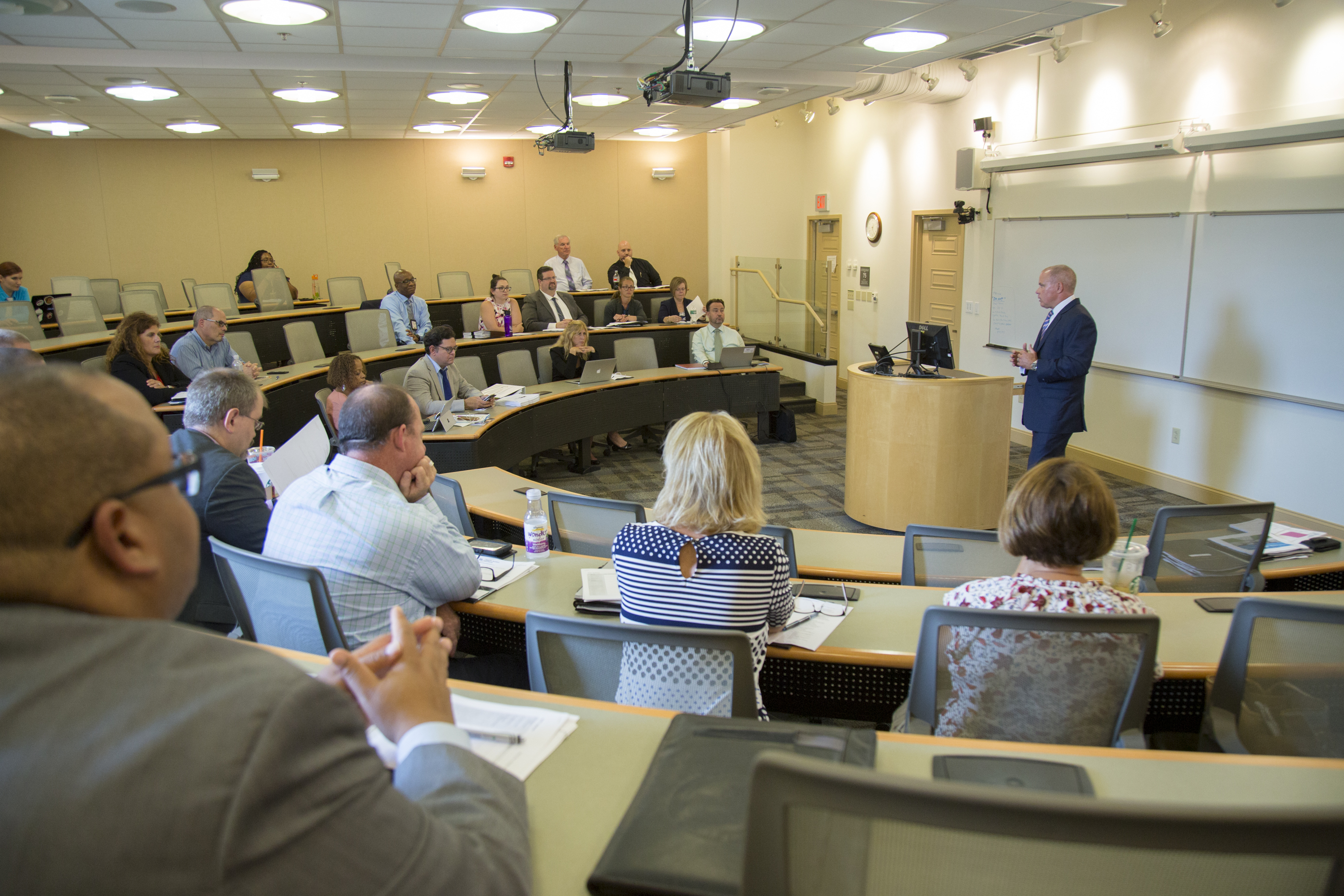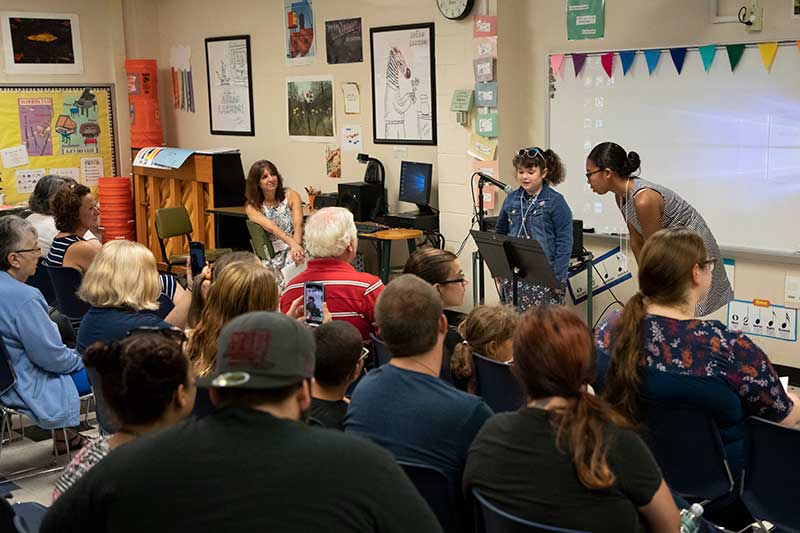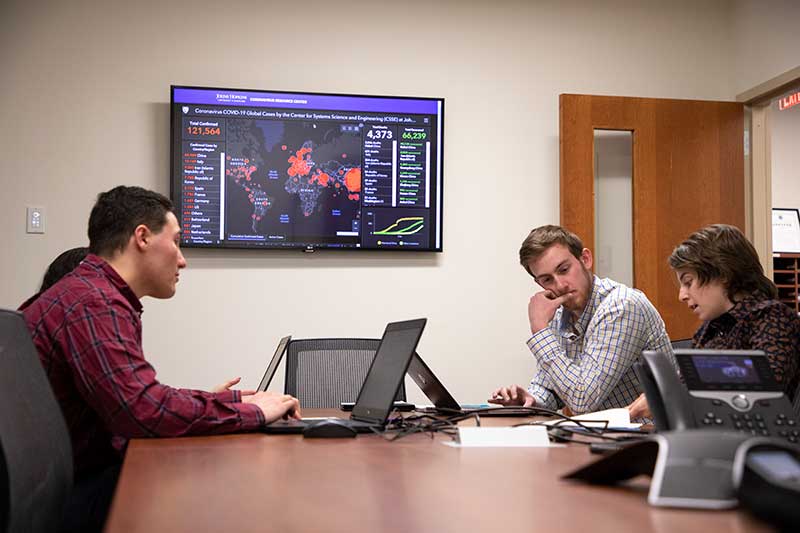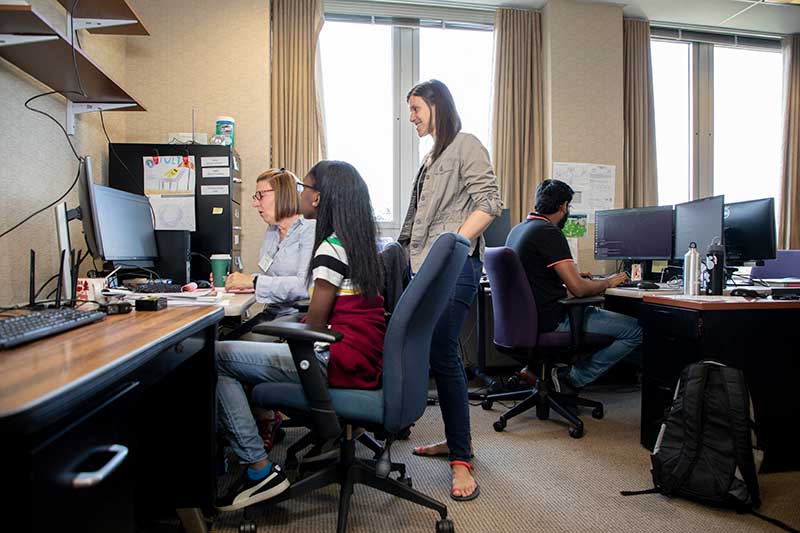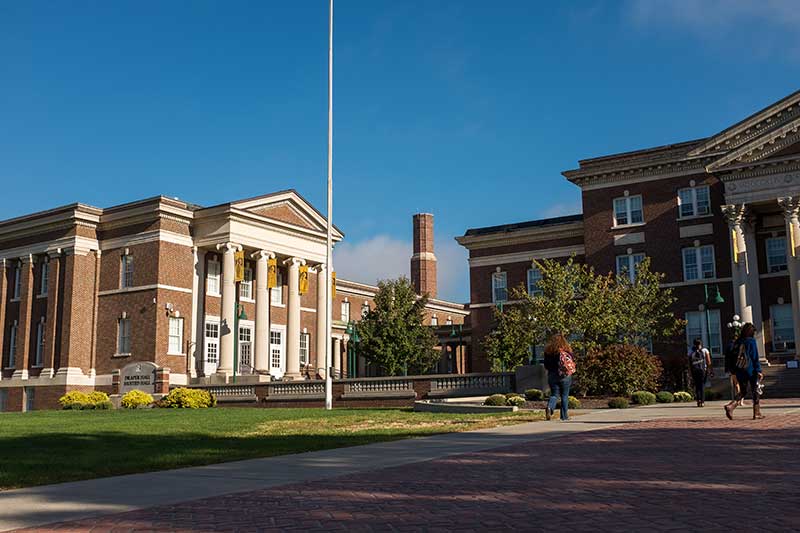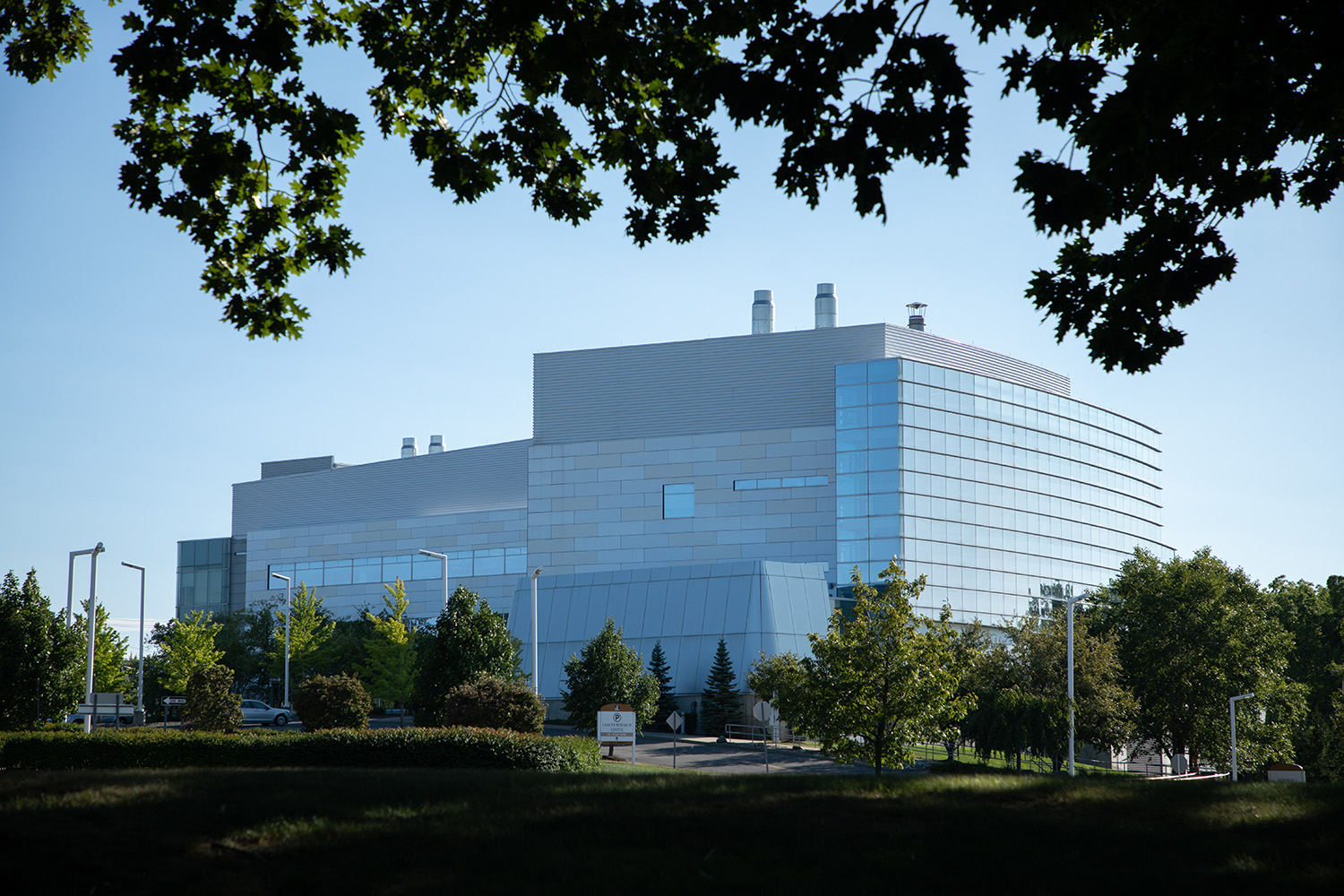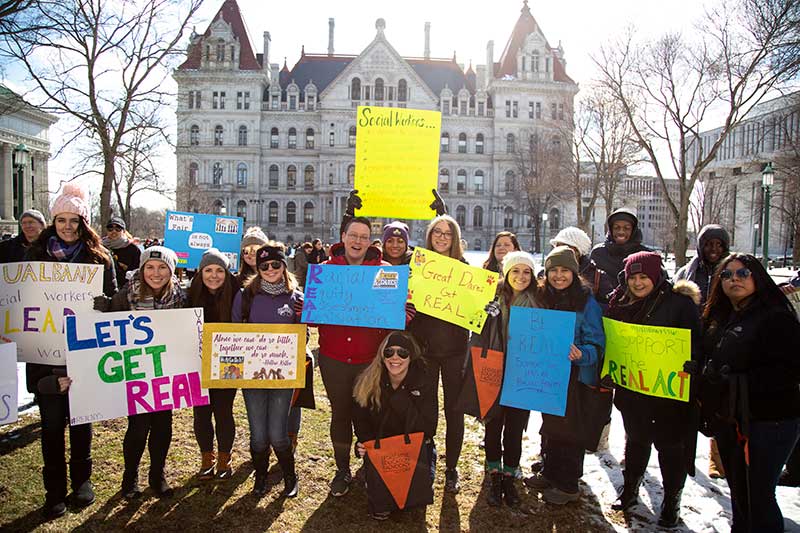Congratulations and Welcome to UAlbany!
We've collected these instructions and resources to make your transition to graduate school as smooth as possible.
Please read the Graduate Student Guidebook and contact your academic department regarding program-specific orientations.
Next Steps
The University requires a $250 non-refundable Graduate Enrollment Deposit to secure your confirmation of admission.
Your admission letter may list a deadline for submitting your enrollment deposit. If one is not listed, we recommend depositing as early as possible to get access to University resources and get started with advisement.
Your deposit will be applied toward your first tuition bill. Visit the Student Financial Services website for more information on billing and accounts.
Waivers
The enrollment deposit can be waived for Graduate Opportunity Program tuition scholarship recipients, fully funded doctoral students, veterans receiving GI Bill funding and other students with other special funding circumstances. Please email [email protected] to request a waiver.
Deferral
Students who decide to defer their application to a future term will have their deposit applied to the future term. To defer your term of entry, you must pay a $20 fee via the Graduate Admission Deferral Request Form.
If you are enrolled in coursework, you will need to drop your courses via your MyUAlbany portal before a defer request can be processed. If coursework is not dropped you may incur financial liability for the coursework you are registered for.
Applications can be deferred for up to one year of your original application term. Please note that your admission is not guaranteed when you request a deferral, and your application may be reconsidered within the pool of applications received for the new term.
A few days after you’ve paid your enrollment deposit, the University will send you important information to the personal email address you provided in your admissions application.
-
The first email will contain your AlbanyID, a 9-digit University identification number. This number is also available in your admission letter.
-
The second email will contain your PIN, along with instructions for activating your MyUAlbany and University email accounts.
Next, you should contact your advisor to obtain your Advisor Verification Number (AVN), which you’ll need to register for classes.
Your admission letter will list your advisor’s name and contact information. Academic departments assign advisors.
Once you have your AVN, you can login to MyUAlbany, enter your AVN and enroll in classes. Instructions for completing the registration process are available within the Academics tab of MyUAlbany.
If you do not receive a PIN email within three business days of confirming your acceptance or you have forgotten your MyUAlbany login information, contact ITS at 518-442-3700.
Transfer credits
If you would like outside credits to be considered, you will need to complete a Transfer Credit Request Form for Master's and Certificate Students.
Please keep in mind that total number of credits accepted is at the discretion of your academic department and all outside credits may not transfer.
Visit the Graduate Bulletin for more information on the University’s transfer credit policies.
Students are required to fulfill several immunization and health requirements before they can register for classes. Generally, you will be able to access your next steps one business day after these requirements are fully met.
Please read the Graduate Student Guidebook and contact your academic department regarding program-specific orientations.
When you arrive on campus, you’ll want to get your ID card, which serves as your library card, bus pass, building access card and more. Download our campus maps here.
Be sure to also check out the Graduate Student Association. All graduate students are members of this student-run organization, which provides opportunities for shared governance, social events and grants.
Campus Resources
- Information regarding our academic policies, procedures and regulations can be found in the Graduate Bulletin.
- Visit the Academic Calendar for information on the upcoming semester, including registration dates. You can also browse the Schedule of Classes and the University Bookstore, where you can shop online or in person.
- The University Libraries — which include the University Library and Science Library on the Uptown Campus, as well as the Dewey Graduate Library on the Downtown Campus — provide comprehensive library, research and information services.
- The Center for the Advancement of Teaching, Learning, and Online Education (CATLOE) offers resources and training for graduate students who will serve as instructors.
- The Writing Center, the Office of Career & Professional Development and Disability Access and Inclusion Student Services are also available to help you succeed.
- Visit the Residential Life website information about on-campus housing, including University-owned residence halls and apartment complexes.
- Looking for housing off campus? Off-Campus Student Services can help.
- Visit the Office of Parking and Mass Transit Services website for information on parking decals and public transportation.
- Student Health Services provides year-round medical services to all enrolled students.
- International students will be automatically enrolled in the University’s mandatory health insurance plan. Please contact International Student & Scholar Services to apply for a waiver.
- International students will be automatically enrolled in the University’s mandatory health insurance plan. Please contact International Student & Scholar Services to apply for a waiver.
- Counseling and Psychological Services provides individual and couples therapy, as well as support groups. Services are available in person or by telephone or email.
- The Office of Health Promotion provides support and advocacy for students who have experienced any form of sexual violence, no matter when or where it occurred.
- The Purple Pantry is open to all students and is stocked with a variety of non-perishable foods, fresh produce and toiletries.
- The Office of Campus Recreation offers students a variety of fitness opportunities, from facilities and courts to classes and clubs. Graduate student can sign up for a membership.
- The University Police Department (UPD) patrols our campuses. In an emergency, call 911 from any campus phone or dial 518-442-3131 from a cell phone to reach UPD.
- International Student & Scholar Services acts as international students’ primary resource for everything from orientation and housing, to insurance and family visas.
- The Office of Diversity & Inclusion offers educational programs and grants, and responds to reports of bias incidents.
- Veteran & Military Student Services acts as the primary resource for students funding their education using veteran- or military-connected aid.
- The Gender & Sexuality Resource Center offers educational programs and training sessions, as well as a lounge and resource library.
- Disability Access and Inclusion Student Services can help you obtain reasonable accommodations.



